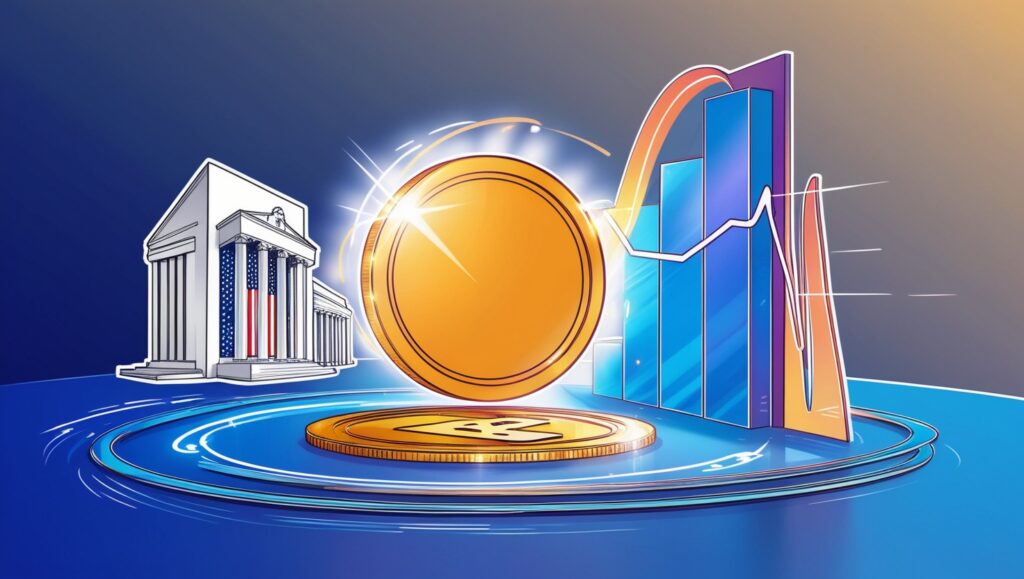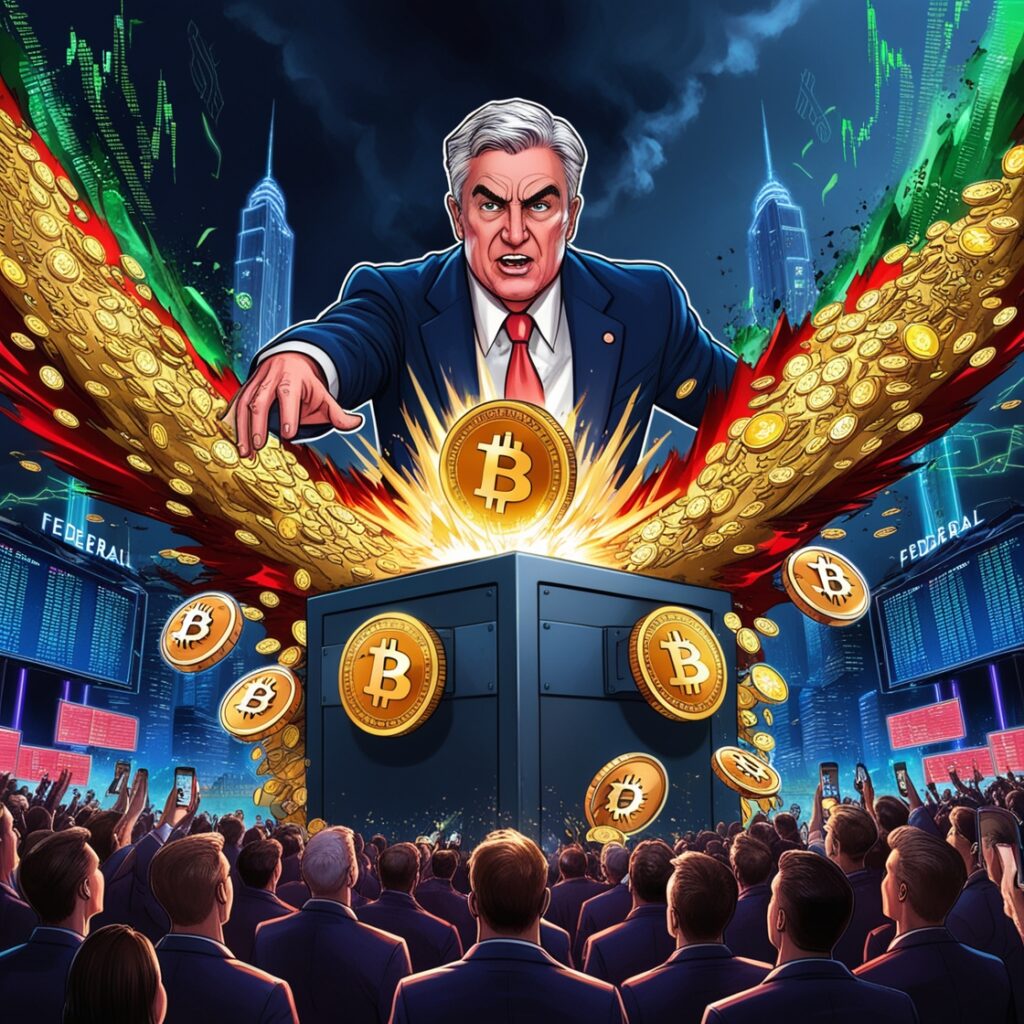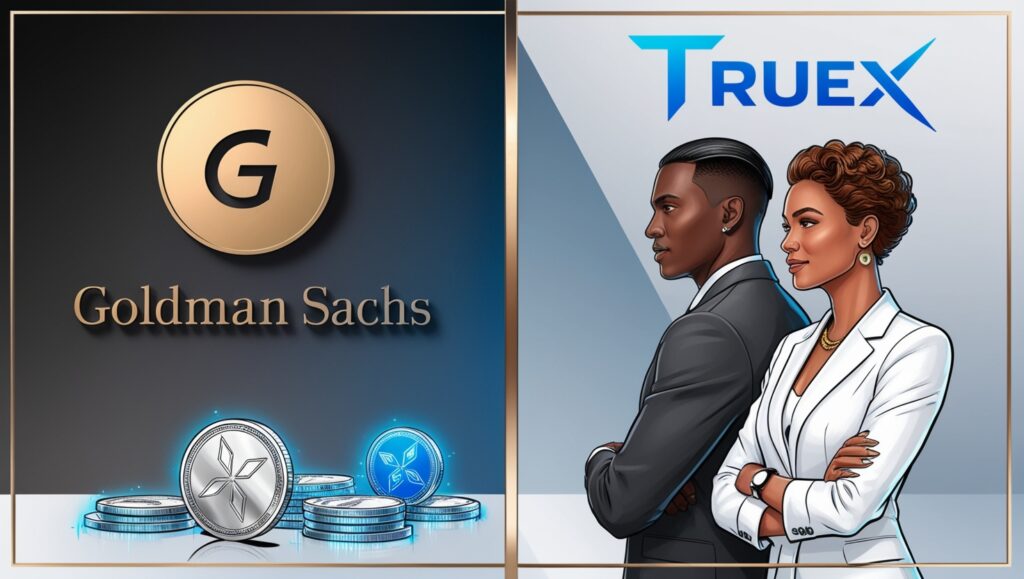According to papers and remarks from asset managers, regulators have permitted the first US exchange-traded funds to invest directly in Ether, the second-largest cryptocurrency in the world.
The US Securities and Exchange Commission granted assent to 21Shares AG, Bitwise Asset Management Inc., BlackRock Inc., Invesco Ltd., Franklin Templeton, Fidelity Investments, and VanEck, among other issuers, according to paperwork on Monday.
This most recent event signals a loosening of US regulations around the digital asset market and sets the stage for the ETFs to trade soon. A pro-crypto position has also been taken by Republican presidential nominee Donald Trump, who is presently topping the polls heading into November’s election.
Exchange-traded products (ETPs), which offer easy access, liquidity, and transparency, are becoming more and more popular among their clients as a means of acquiring exposure to digital assets, according to a statement from Jay Jacobs, US head of thematic and active ETFs at BlackRock.
Competition Over Fees
Remarkably, the SEC in May changed its mind and approved spot-Ether ETFs, despite its hesitant acceptance of Bitcoin funds following a 2023 court reversal. The currency of the Ethereum blockchain, the most significant network for financial services based on cryptocurrencies, is called ether. A number of issuers are temporarily removing fees on Ether ETFs to attract assets, including BlackRock and Fidelity.
With their January launch, the Bitcoin ETFs have drawn net inflows of approximately $17 billion, taking Wall Street by storm. Analysts anticipate far more modest Ether fund subscriptions.
For example, the maker of the digital asset market, Wintermute Trading Ltd., stated that average expert forecasts result in estimated annualized inflows for the Ether products in the first year of between $4.8 billion to $6.4 billion.
They believe that the real demand could be lower, possibly falling within the $3.2 billion to $4 billion range, the business stated in a report.
The Staking Challenge
The contentious narrative that portrays the dominant token in the market as digital gold helped the Bitcoin ETFs, however Ether does not share this perspective. Furthermore, the Ether funds will not provide the so-called staking rewards—a profit that can be obtained by physically possessing the token—for blockchain upkeep.
Although the SEC claims that the majority of other tokens are unregistered securities and should be regulated, Bitcoin is considered a commodity. Because it raises concerns about whether Ether should be regarded as a security, staking is a crucial issue. Regarding Ether’s classification, SEC Chair Gary Gensler has been ambiguous.
Over the past year, bitcoin has increased 132%, reaching a record high of about $74,000 in March. In the last 12 months, ether has increased by 88%. As of 11:45 a.m. Singapore time on Tuesday, both were little altered, trading hands for $67,530 and $3,475, respectively.
Another attempt by ETF issuers to capitalize on the desire for digital assets was made in late June when VanEck and 21Shares filed papers for a product investing in Solana, the fifth-biggest cryptocurrency by market value.








